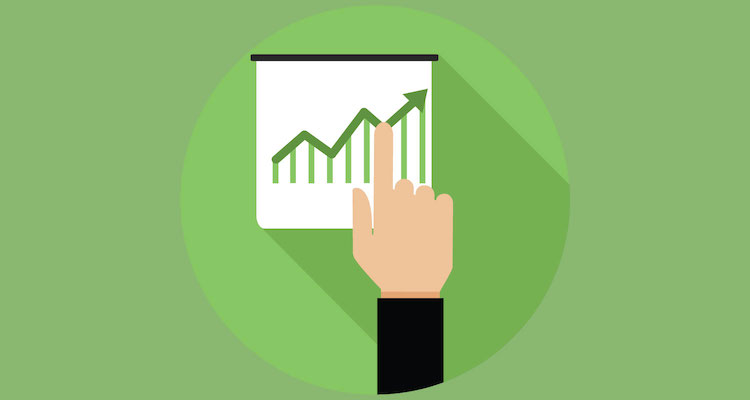Being a business owner is not for the weak. When I started my own business I had to work very hard to build it into what it is today.
Along the way I learned to withstand negativity from other people about why I quit a perfectly good full-time job. But I knew that there was something better in store for me so I remained committed to my decision.
If you have your own business too, you may be faced with not only doubt from others but also yourself. That self-doubt can lead to second guessing the decisions you make.
Not all second guessing is bad. However, there are times when second guessing hurts your business.
Table of Contents
ToggleWays it Could Be Hurting Your Business
Prevents Full Commitment
A negative aspect about second guessing yourself is that it prevents you from fully committing to a decision or action. In other words, you’re afraid you’ll fail which makes you actually fail.
Let’s say your company makes and sells fold-up hairbrushes for the convenience of travelers. Your production manager warns you that blue and red ones usually sell better. But you want to make the newest model of hairbrushes blue and purple instead.
So you contact your supplier only to be told the order you usually place is different. All the other times it includes materials for blue and red hairbrushes rather than blue and purple.
Now you second guess your decision. Which would be better to make? What if purple hairbrushes won’t sell?
With these thoughts going round and round in your head you tell the supplier you’ll think about it and call back. Meanwhile you go back and forth about which color of hairbrushes to make.
Causes Loss of Income
Another way second guessing hurts your business is through loss of income. In the hairbrush company example, production of hairbrushes has stopped.
Why? Because of a lack of materials due to your inability to make a decision. Now your company is losing thousands of dollars each day.
You start laying off workers and your business is in serious danger of going under. This is all caused by procrastination or being unable to make a decision.
Of course, this is a pretty extreme example. Most businesses wouldn’t allow such a thing to happen without making a choice one way or the other.
Still, the point is that you don’t always know if different decisions would have better or worse outcomes. And self-doubt is not easy to overcome.
Therefore, do your research and make decisions based on what you learn. Then, be satisfied knowing you made the best decision possible based on the knowledge you had at the time.
Ways it Could be Helping Your Business
Reduces Overspending
Now let’s imagine you second guessed yourself and compared production costs for each hairbrush. You found out that the price of materials to make red ones was higher than for purple.
In that case, second guessing the decision to produce red hairbrushes paid off. You avoided overspending on materials and increased profits simply from second guessing yourself.
Leads to Solutions
There are times when second guessing helps instead of hurting your business. In the hairbrush company example, second guessing the color may lead to solutions.
For instance, second guessing red hairbrushes may have quickly led you to a cheaper supplier for your raw materials. This provides a solution that allows you to continue making the more popular red fold-up hairbrushes while keeping profits high.
Responsibilities come with the territory when you run your own business. One of those is making the decisions, including both easy and tough ones. Rather than letting second guessing hurt your business use it to help instead.












